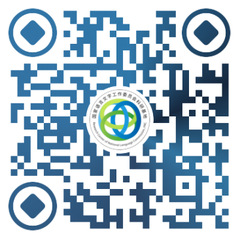ANNA DE FINA
Abstract
In the past twenty years the existence of a sense of ethnic belonging among immigrant groups of European ancestry in the United States has become the focus of frequent debates and polemics. This article argues that ethnicity cannot be understood if it is abstracted from concrete social practices, and that analyses of this construct need to be based on ethnographic observation and on the study of actual talk in interaction. This interactionally oriented perspective is taken to present an analysis of how Italian ethnicity is constructed as a central element in the collective identity of an all-male card playing club. Linguistic strategies, particularly code-switching, are central in this construction, but their role becomes apparent only when language use is analyzed within significant practices in the life of the club. Code-switching into Italian is used as an important index of ethnic affiliation in socialization practices related to the game and in official discourse addressed by the president to club members through the association of the language with central domains of activity.
Key Words: ethnicity; ethnic identity; code-switching; community of practice; immigrant communities; Italian Americans.







